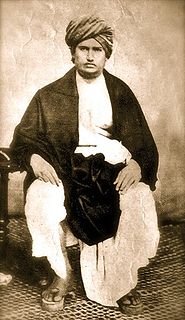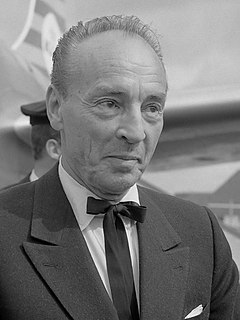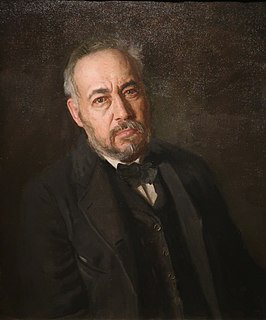A Quote by Horace Mann
A teacher should, above all things, first induce a desire in the pupil for the acquisition he wishes to impart.
Related Quotes
The most valuable thing a teacher can impart to children is not knowledge and understanding per se but a longing for knowledge and understanding, and an appreciation for intellectual values, whether they be artistic, scientific, or moral. It is the supreme art of the teacher to awaken joy in creative expression and knowledge. Most teachers waste their time by asking questions that are intended to discover what a pupil does not know, whereas the true art of questioning is to discover what the pupil does know or is capable of knowing.
A tutor should not be continually thundering instruction into the ears of his pupil, as if he were pouring it through a funnel, but, after having put the lad, like a young horse, on a trot, before him, to observe his paces, and see what he is able to perform, should, according to the extent of his capacity, induce him to taste, to distinguish, and to find out things for himself; sometimes opening the way, at other times leaving it for him to open; and by abating or increasing his own pace, accommodate his precepts to the capacity of his pupil.
One is born to be a dancer. No teacher can work miracles, nor will years of training make a good dancer of an untalented pupil. One may be able to acquire a certain technical facility, but no one can ever 'acquire an exceptional talent.' I have never prided myself on having an unusually gifted pupil. A Pavlova is no one's pupil but God's.
Often nothing keeps the pupil on the move but his faith in his teacher, whose mastery is now beginning to dawn on him .... How far the pupil will go is not the concern of the teacher and master. Hardly has he shown him the right way when he must let him go on alone. There is only one thing more he can do to help him endure his loneliness: he turns him away from himself, from the Master, by exhorting him to go further than he himself has done, and to "climb on the shoulders of his teacher."
Years should not be devoted to the acquisition of dead languages or to the study of history which, for the most part, is a detailed account of things that never occurred. It is useless to fill the individual with dates of great battles, with the births and deaths of kings. They should be taught the philosophy of history, the growth of nations, of philosophies, theories, and, above all, of the sciences.
The reason is that nature has so created men that they are able to desire everything but are not able to attain everything: so that the desire being always greater than the acquisition, there results discontent with the possession and little satisfaction to themselves from it. From this arises the changes in their fortunes; for as men desire, some to have more, some in fear of losing their acquisition, there ensues enmity and war, from which results the ruin of that province and the elevation of another.


































